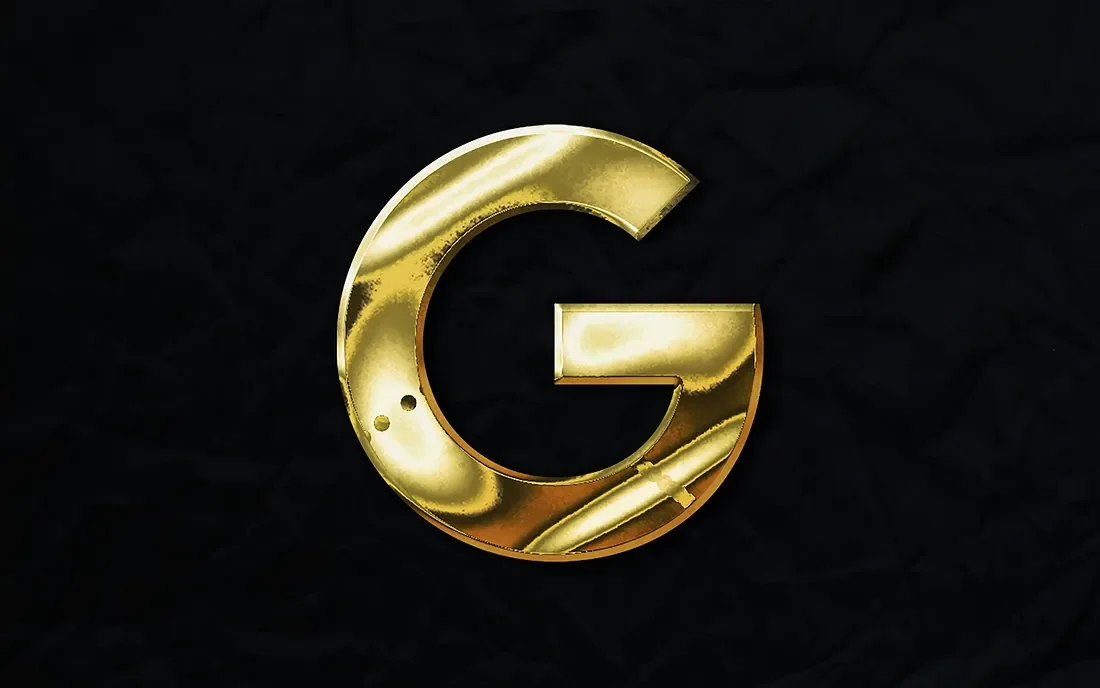Why Wikipedia Consultants Can’t Guarantee Results
Don’t Get Sold on Promises
If someone guarantees a Wikipedia outcome, walk away. Expert, ethical consultants don’t promise articles, approvals, or timelines — because no one controls the levers that decide them.
1) Sources rule.
Wikipedia runs on independent coverage. We don’t control what was — or wasn’t — written about you, or where it appeared. If sourcing is thin or promotional, no draft will stick.
2) Consensus — not consultants — decides.
Roughly 100,000 editors may or may not agree with you. Your view isn’t the verdict; community consensus is.
3) Reviewers are random and anonymous.
Volunteers pick what to engage, when, and for how long. There’s no priority queue you can buy.
4) There is no deadline.
Complex questions can take weeks or months. Silence is common; impatience doesn’t speed consensus.
5) COI rules limit DIY — for good reason.
Undisclosed self-editing can get you blocked. Even disclosed but promotional edits are often reverted on sight.
What We Can Promise
We start with source-driven triage. You get a candid go/no-go call based on the coverage that actually exists. Then a policy-first process. We draft neutrally, cite properly, and disclose conflicts up front. You get clear communication. We lay out risks, realistic timelines, and the rationale — no spin. We provide best-effort advocacy. We marshal evidence, respond to feedback, and iterate toward consensus. We choose ethics over expedience. If the bar isn’t met, we’ll say so — and help you build toward it the right way.
If you hear a guarantee, that’s your red flag. Wikipedia rewards verifiability, neutrality, and patience — not promises. We can’t guarantee results. We can guarantee doing the work the right way.
Check us out at WikiBlueprint.com or email info@WikiBlueprint.com with your questions. We’re here to help.
